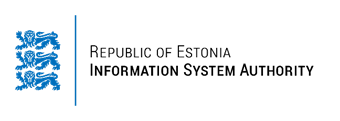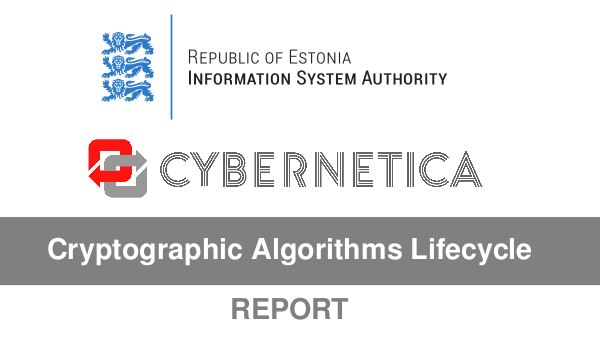
11-15 June 2018, Tallinn, ESTONIA, Estonian Maritime Academy
This year’s Cyber Security Summer School will focus on maritime cyber security. With experts from maritime sector, marine technology industries and cyber security establishments, the Summer School will give an overview of the tools and communications used in shipping industry, discuss their vulnerabilities and also introduce new trends in autonomous shipping and its dangers and risks.
Program
MONDAY, June 11th
8:00-9:00 Registration. Breakfast
09:00 Welcoming words and opening of Summer School by Organizers
10:00 Opening keynotes: TBD
12:00 Lunch
13:00 – 15:30 (room I) Track 1: Traditional maritime communication and navigation methods for Cyber Security Students (including GPS spoofing, Navigation messages, AIS etc).
13:00 – 15:30 (room II) Track 2: Ship Hacking Demo & introduction to cyber security for seafarers.
15:30 Coffee break
16:00 – 16:45 Practical exercises (e.g., HF call interception)
16:45 – 17:00 Feedback and closure for the first dayTUESDAY, June 12th
09:00 Breakfast
09:30 Modern methods – autonomous ship, sat voms, loT by D4V team
12:00 Lunch
13:00 Afternoon at Mektory joint event with Cyber Spike Competition. Tour in Mektory
14:00 Human factors & OSINT by Jenny Radcliffe & Lisa Forte
15:15 Panel Discussion on Maritime Cyber Security by Jeff Moulton and Jenny Radcliffe
16:00 Winners of CyberSpike and cake by Birgy LorenzWEDNESDAY, June 13th
09:00 Breakfast
A broader look at other sectors with experience:
09:30 Car hacking & forensics
10:15 Cyber Security in Aviation and joint efforts to secure the transportation industry from a regulator perspective by Gerry NGU EASA & European Centre for Cybersecurity in Aviation (ECCSA).
10:45 Coffee Break
11:00 Real-world malware stories by Anders Carlsson & Alex
12:00 Lunch
13:00 Political and cyber-warfare aspects of maritime cyber security by Joe Burton
14:30 Coffee break
15:00 Fake-GPS and Fake-Nav-chart attacks
15:30 TBD by Jeff Moulton
16:00 Practical exercise: cyber warfare exercise preparation by Mentors
19:00 Gala dinnerTHURSDAY, June 14th
09: 00 Breakfast
09:30 Practical exercises in EMERA simulators
12:00 Lunch
13:00 Practical exercises in EMERA simulators
15:00 Coffee break
15:30 Practical exercises in EMERA simulators
16:30 Feedback and discussion by OrganizersFRIDAY, June 15th
09:00 Breakfast
09:30 Friendly student competition in EMERA simulators. Mentors
12:00 Lunch
13:00 – 14:00 Feedback and conclusions of the summer school by organizers

